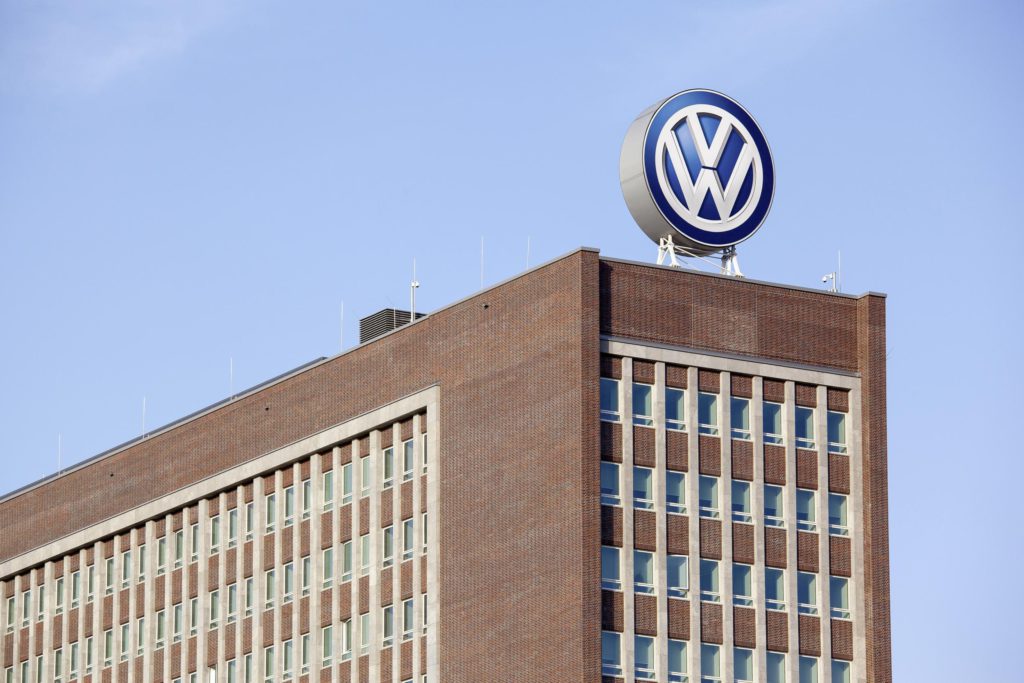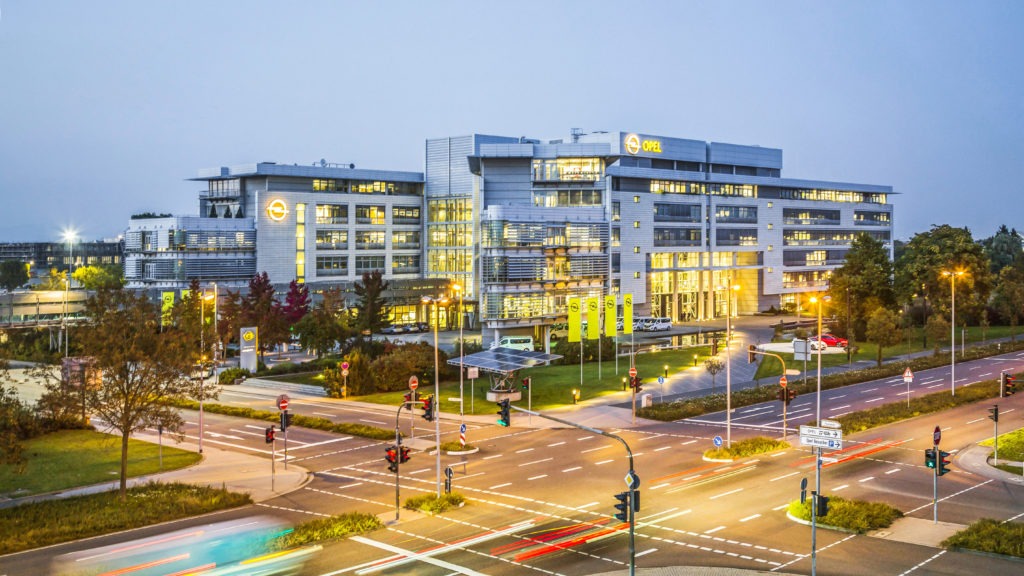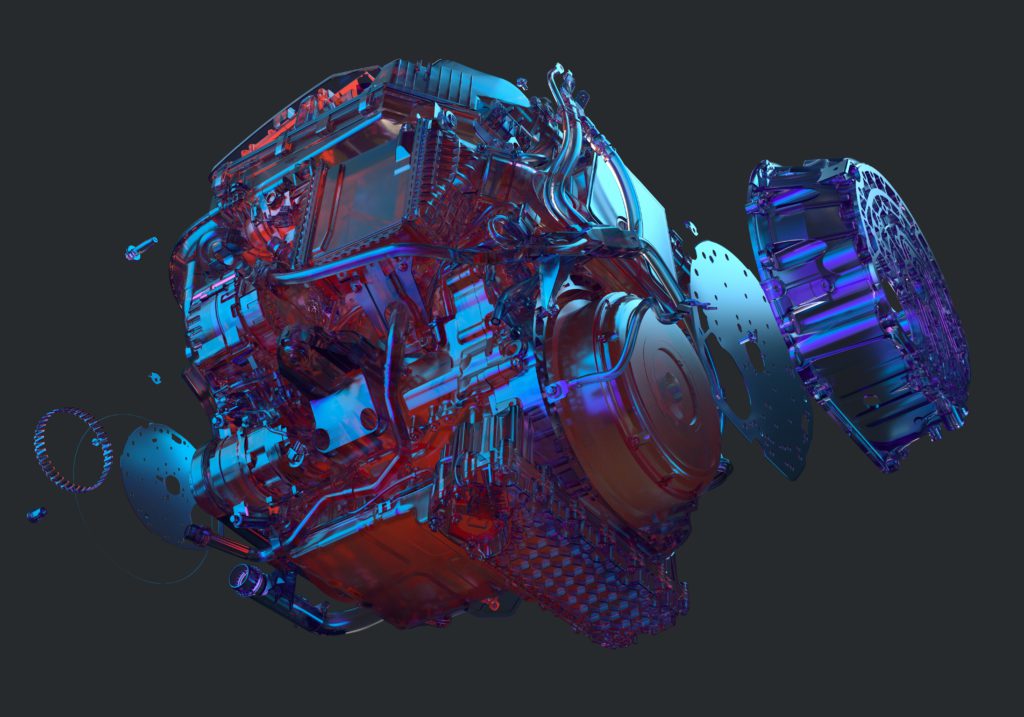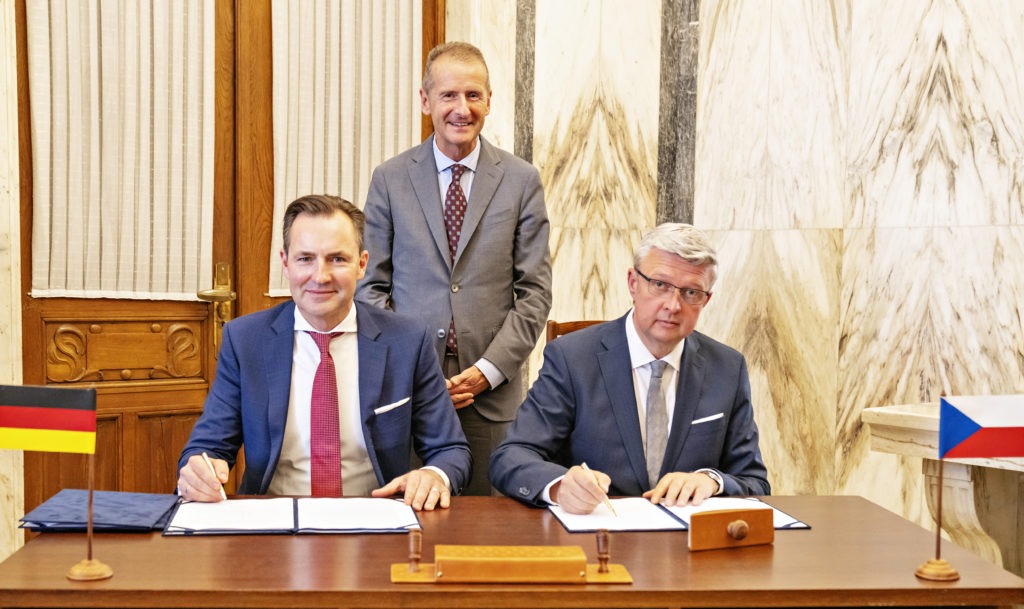Volkswagen tests 5G, highlighting move to smart factories
20 October 2021

Intelligent factories, autonomous cars, increased connectivity and shared services: the rollout of a high bandwidth 5G network has many benefits for the automotive industry. Europe’s largest carmaker Volkswagen (VW) is now testing a local 5G network for production operations at its main plant in Wolfsburg, Germany, and plans to convert its sites to smart factories in the future.
‘We are working at full speed to transform our Volkswagen sites into smart factories. Our goal is to continuously optimise our production and make it even more efficient and flexible,’ said Christian Vollmer, board member of the VW brand responsible for production and logistics.
‘We believe that 5G technology has great potential for innovation, from the use of intelligent robots and driverless transportation systems to networked control of plant and machinery in real time up to wireless software flashing of manufactured vehicles,’ he added.
The carmaker is eventually aiming to operate fully-networked factories. Wolfsburg is leading the way, with the 5G network there now covering the main production development centre and the pilot hall. The German manufacturer’s main objective is to test whether the technology can meet the requirements of vehicle manufacturing.
Reshaping production
If the pilot project proves to be a success, VW is looking to roll out the 5G technology for industrial-series production in the future. This could not only reshape production processes, but also new business models and offers.
VW’s iconic Wolfsburg plant is an ideal testing ground as the site is already home to 5,000 robots – these are seen as key to operating smart factories. Competitor Audi, for instance, is looking at production robots going wireless, having partnered with Ericsson last year to study 5G use cases.
But VW has taken this a step further, having set up the local 5G infrastructure itself. Nokia is supplying the necessary network equipment, with VW aiming for interference-free, high-availability wireless transmission. The company will test the wireless upload of data to manufactured vehicles as 5G makes it possible to perform this at a faster rate.
This is crucial for speeding up series production since uploading data to control units in a car can take up to an hour. 5G technology can not only cut this time down, but reduce costs for manufacturers.
In the early stages of its pilot project, VW is keen on developing the necessary know-how itself. The company said its private 5G network allows for greater flexibility when it comes to controlling vehicles or robots centrally.
At the Transparent Factory in the east German town of Dresden, VW is also testing 5G technologies for the pilot-scale ID.3. In collaboration with Porsche, Audi, and the Dresden University of Technology, it is developing the networked control for a driverless transportation system. Sensors in this system transmit environment data to the cloud computer using 5G, thus calculating the route to an ID.3 body and sending back the information in real time.
5G revolution
It is safe to say that 5G is both revolutionising and disrupting the automotive industry. A key advantage of this technology is better connectivity that leads to improved control, analysis, and overall performance in the production process.
The next generation of vehicles – be it fully-electric or autonomous – will rely on greater connectivity, and a transition to 5G will likely prove to be ground-breaking for manufacturers. Interconnecting central processes with this technology, as VW is currently testing, will pave the way for smart factories.
‘Efficient wireless communication in real time will be crucial for flexible production in the future. 5G has the potential to be one such driver of the Industrial Internet of Things. Our aim is therefore to build up extensive experience in the operation and industrial use of 5G technology,’ said Beate Hofer, VW CIO.



